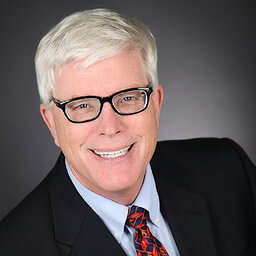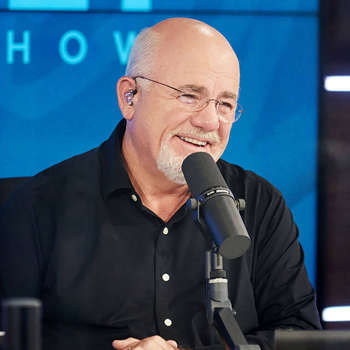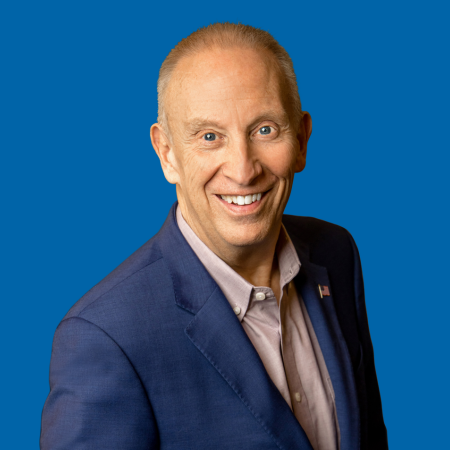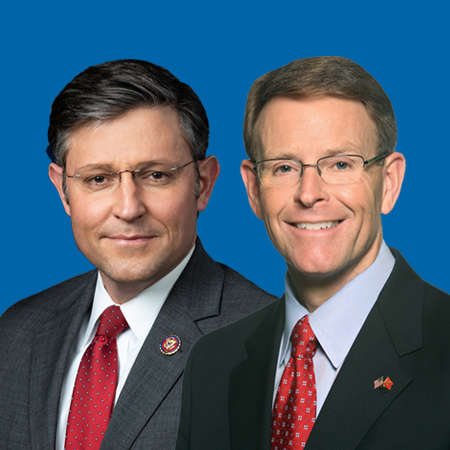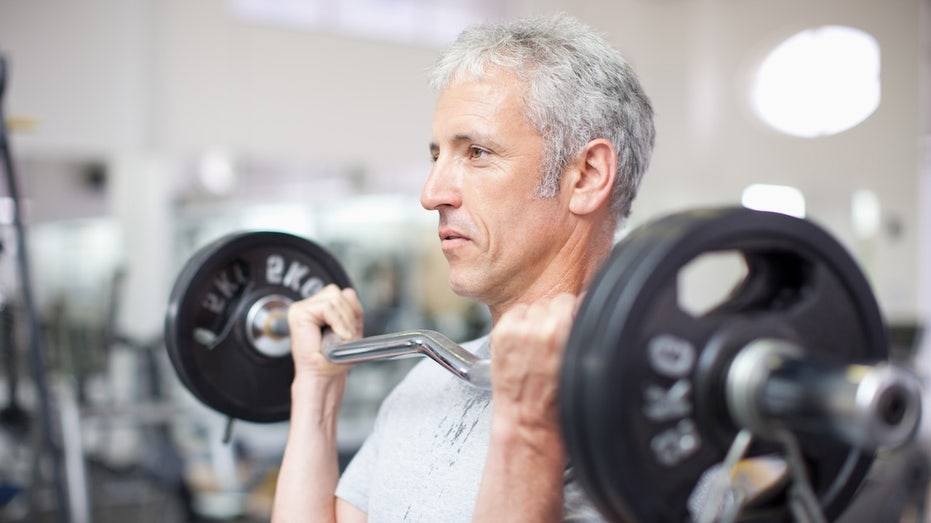
Strength training for seniors should emphasize posterior muscles like the glutes and upper back rather than mirror muscles to prevent pain and maintain independence.
Strength training is key to staying healthy as people age, with experts recommending working major muscle groups at least two days per week.
Marfred Suazo, a fitness professional known as Fonz the Trainer in New York City, has worked with thousands of older adults to build strength and longevity.
Suazo spoke with Fox News Digital about which muscles are most important for seniors to target. (See the video at the top of the article.)
FITNESS EXPERT REVEALS 6 PILLARS OF STRENGTH TRAINING THAT OLDER ADULTS SHOULD MASTER
"Most people train what they see in the mirror — chest, arms, quads and maybe abs if they’re feeling ambitious," Suazo told Fox News Digital. "That’s what I call ‘mirror training.’"
The problem with focusing only on "mirror training," he said, is that you’ll end up out of balance, with rounded shoulders, a tight chest and eventually a sore back or knees.
"If you want to age strong, pain-free and confident, you need to flip the script," Suazo said. "You need non-mirror training — training the muscles you can’t see but feel every single day. These are the muscles that keep you standing tall, moving with power and living without pain."
Suazo learned firsthand about the benefits of this training when he was swimming competitively and training in martial arts.
WANT BETTER HEART HEALTH? START BY TACKLING YOUR WEAKEST LINK, CARDIAC SURGEON SAYS
"I learned that the muscles behind me were what made me faster in the pool, quicker on my feet and harder to knock off balance," he said. "Strengthening the back side of your body changes everything."
Below are some of the most critical muscles for older adults to focus on, according to the trainer.
These muscles are the foundation of non-mirror training, according to Suazo.
"Your glutes and hamstrings give you the power to sit, stand, climb and protect your back from pain," he said.
To target these areas, Suazo recommends doing deadlifts, hip thrusts and single leg bridges. "Take your time, control the movement and squeeze at the top," he advised. "This is where the real work happens."
Strengthening these muscles will keep you from looking hunched or slouched as you age, according to Suazo.
VIRAL 12-3-30 TREADMILL TREND MAY BURN MORE FAT THAN RUNNING, RESEARCHERS SAY
"A strong back pulls your shoulders into alignment and lets you breathe better," he said.
Bent-over rows, cable rows and bodyweight rows are some of the trainer’s favorite moves for this zone. "Pull through the elbows and picture yourself standing taller with every rep," he suggested.
"Your core is more than what you see in the mirror," Suazo said. "True core training is about stability and spine protection."
His favorite move for stability is the Paloff press. "Anchor a band, press it straight out and resist rotation," he instructed. "Do it standing or kneeling. This is how you teach your body to brace and protect your back during everyday life."
TWO KEY HEART HEALTH METRICS COULD DETERMINE HOW LONG YOU'LL LIVE
"Healthy shoulders are a must if you want to keep training for decades," Suazo said. "They’re involved in almost every movement, so you need them strong and mobile."
For this area, the trainer recommends face pulls, rear delt flies, light band rotations and controlled overhead presses. "This combination keeps your shoulders feeling good and moving well," he said.
"Grip strength is one of the first things people lose with age, and it’s one of the most important — a strong grip keeps you independent," Suazo said.
Farmer’s carries are his go-to for improving grip strength. Suazo recommends aiming to carry 70% of your body weight in each hand.
"Pick up weights, stand tall and walk with intention," he suggested. "Hanging from a pull-up bar works, too. Build that grip and you’ll notice a difference in every other lift."
Building these five muscle groups complements the six core pillars of strength — push, pull, carry, hinge, overhead press and squat, according to the trainer.
"Your hinge and carry get more powerful with strong glutes and hamstrings," Suazo said. "Your pulls and presses feel stronger with a stable back and core. Even your posture improves, which makes your mirror muscles look better, too."
CLICK HERE TO SIGN UP FOR OUR HEALTH NEWSLETTER
The trainer offered this simple way to get started by targeting the non-mirror muscle groups.
"Non-mirror training is how you build a body that lasts — it’s how you stay strong, upright and pain-free," he said. "When you train the back side of your body, the front side looks and performs better."
For more Health articles, visit www.foxnews.com/health
That said, Suazo said it’s still important to do the basic strength training moves, like push-ups and curls.
"But start giving equal attention to the muscles you don’t see in the mirror. That’s where the real difference is made — not just in how you look, but in how you move."
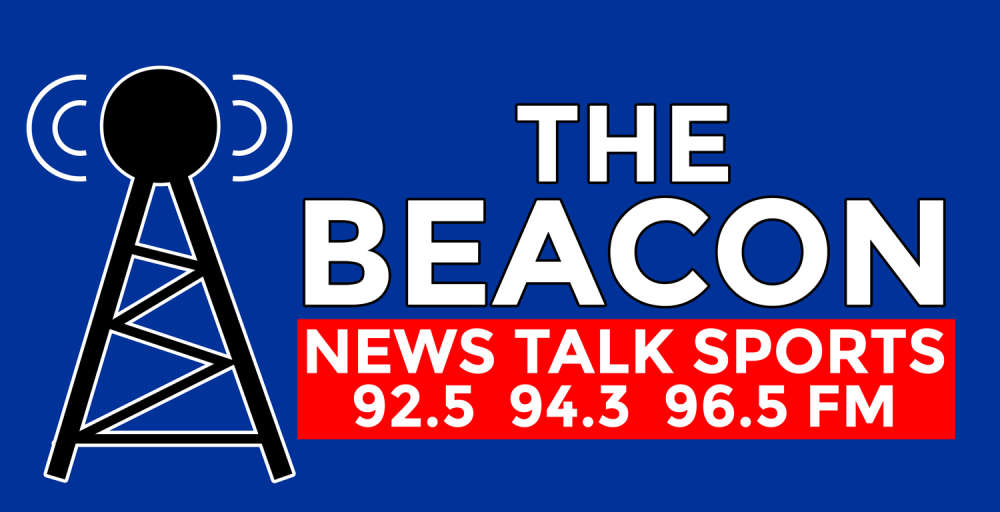
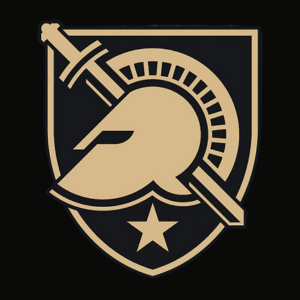
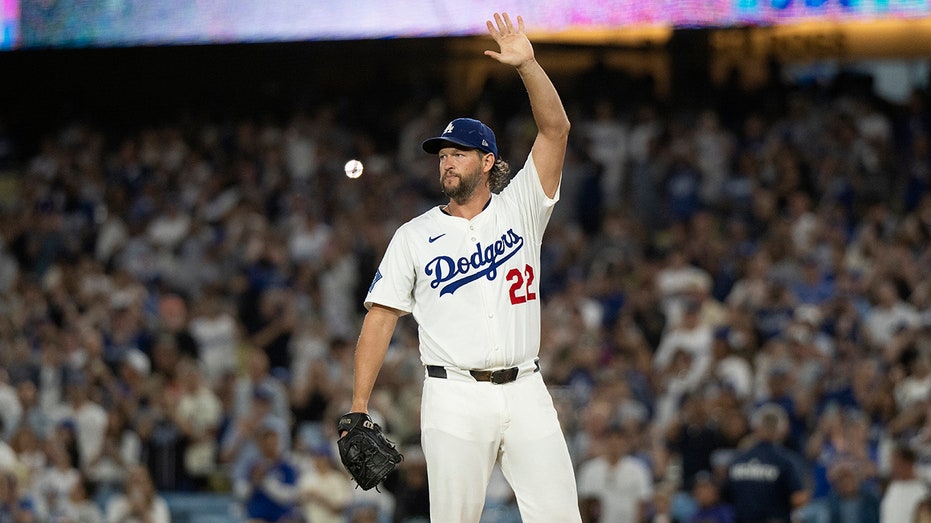 Dodgers clinch playoff berth in Clayton Kershaw's final regular-season home game
Dodgers clinch playoff berth in Clayton Kershaw's final regular-season home game
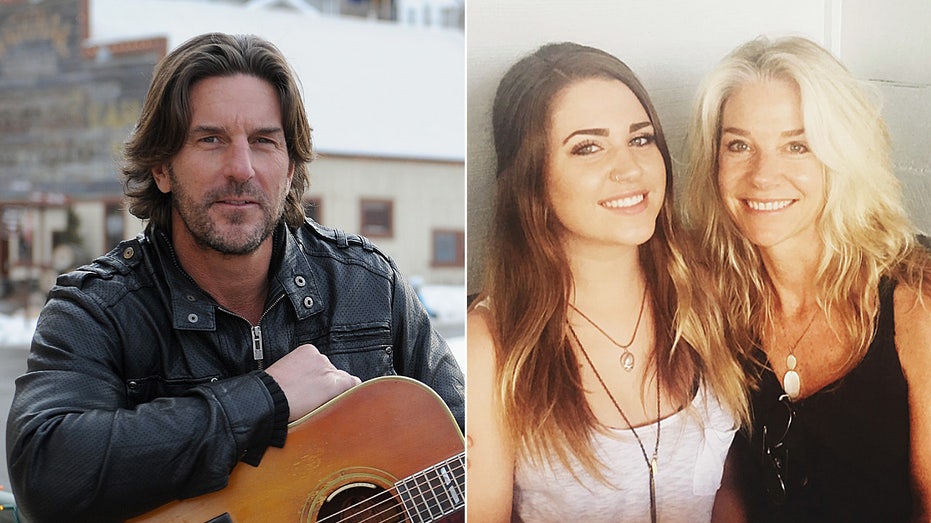 Country songwriter Brett James’ wife and stepdaughter named as additional victims in fatal plane crash
Country songwriter Brett James’ wife and stepdaughter named as additional victims in fatal plane crash
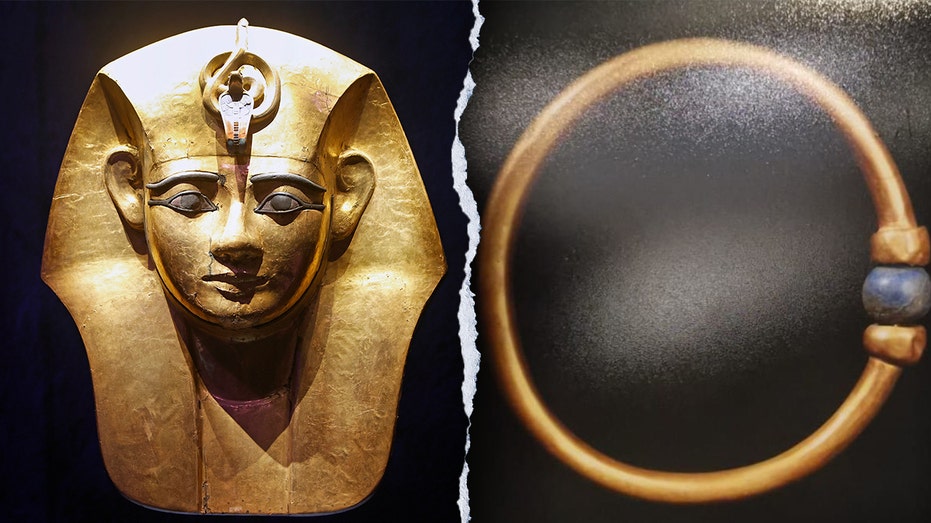 Legendary pharaoh's gold bracelet vanishes from popular museum, hunt for suspect underway
Legendary pharaoh's gold bracelet vanishes from popular museum, hunt for suspect underway
 Charlie Kirk memorial in Arizona expected to draw 100,000, with Trump and Vance headlining
Charlie Kirk memorial in Arizona expected to draw 100,000, with Trump and Vance headlining
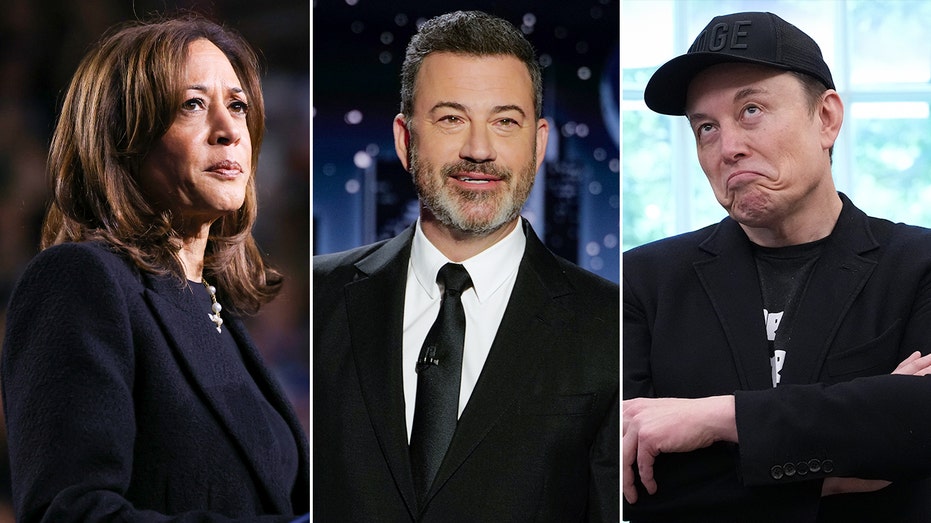 Elon Musk resurfaces Harris's old call to suspend Trump from Twitter platform amid Kimmel controversy
Elon Musk resurfaces Harris's old call to suspend Trump from Twitter platform amid Kimmel controversy
